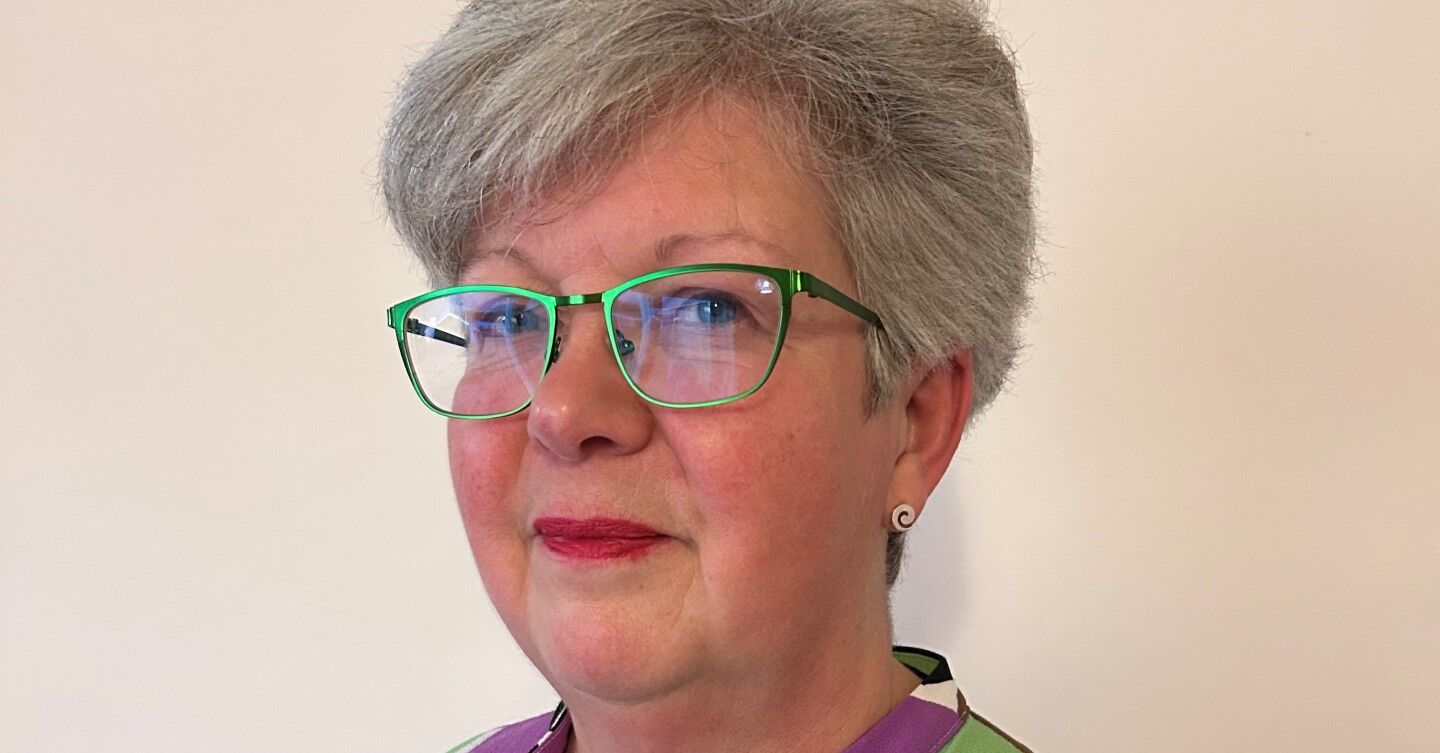Nursing in Practice news editor Megan Ford reflects on an exclusive meeting with the health secretary this week and highlights the need for the vital work of general practice nurses, and the challenges they face, to be heard loud and clear by government.
General practice nurses (GPNs) found themselves as a topic of conversation with the health secretary this week – a rarity and to some extent welcomed. But while Steve Barclay did at least recognise the pressures and increased demands in general practice, his solutions for GPN recruitment and retention have been met with frustration and disappointment.
Nursing in Practice was one of three nursing publishers invited to the Department of Health and Social Care on Monday to question the health secretary on all things nursing. Although strictly limited to just two questions each, that was enough for me to press Mr Barclay on what he was doing for nurses in general practice.
He told me that using the ‘wider skills mix’ of community pharmacy, alongside a mix of technology, recruitment and reduced bureaucracy would help reduce the ‘current pressures’ faced by GPNs. Mr Barclay pointed to what seems a rather small increase in the number of GPNs working in England than a year ago – just 200 more nurses. As well as the more than 26,800 primary care staff recruited to general practice under the Additional Roles Reimbursement Scheme (ARRS) since 2019.
But, in an unexpected turn, Mr Barclay then chose to focus on pharmacy as a key factor in GPN workforce issues. In fact, despite being a meeting exclusively about nursing, he mentioned pharmacy at least three times. He highlighted the incoming common conditions pharmacy service – Pharmacy First – which is due to be launched by the end of the year in England and will see community pharmacists treating seven common conditions.
Unfortunately, as frequently reported in our sister title The Pharmacist, we know that community pharmacy has its own challenges, pressures and workforce issues to contend with. Despite the health secretary’s failure to recognise this, GPNs have taken to social media to also raise this exact point.
One GPN wrote: ‘Pharmacies are already at breaking point. I’m not sure how this is a solution.’ While another said: ‘Are there not the same issues with pharmacists as there are with GPNs…retention/attrition/recruitment… so how exactly will that work?’
Why did the health secretary feel the need to deflect to a completely different sector? Some have said it’s because he fails to understand the role of a GPN at all.
We need the health secretary to focus on the issues at hand for GPNs – namely GPN pay, terms and conditions, health and wellbeing, not to mention concerns around an ageing workforce and the difficulties around enticing newly qualified nurses?
A comment on Twitter that struck me most this week was from one GPN who said she was simply pleased the health secretary had ‘actually mentioned GPNs’. Why are GPNs the forgotten part of the nursing family? With all the recent focus on pay and strikes among NHS nurses, many GPNs are feeling more left behind than ever before.
But as this GPN put it: ‘How do we temper some recognition with change? If we always criticise then [the] government will cease to engage.’ And this is some real food for thought.
It is vital that we all keep banging that GPN drum and fight to ensure this crucial part of the nursing profession reaches the ear of government.
Hearing the health secretary talk about general practice nursing must not be such a rarity.







